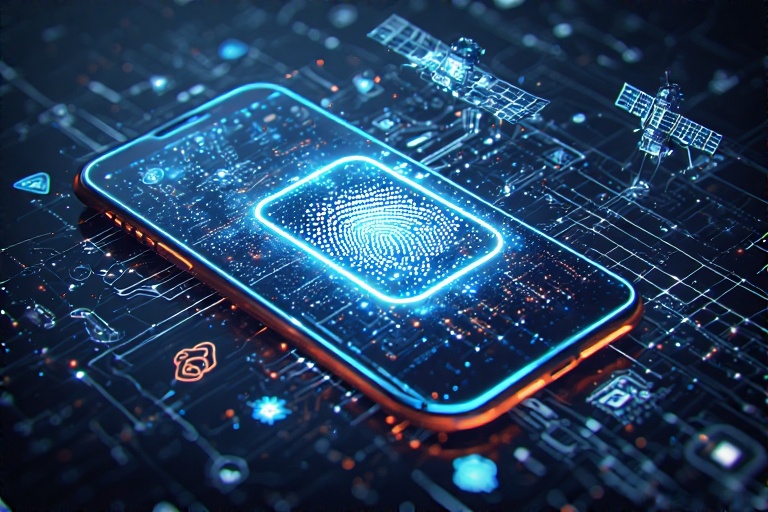The Tesla Pi Phone is one of the most talked-about tech gadgets in recent times. Known for its smart features and rumored connection to Elon Musk’s Tesla brand, it promises to change how we use mobile phones. But with advanced features comes an important question: how safe is the tesla pi phone? Let’s take a closer look at the Tesla Pi Phone’s security, especially when it comes to AI technology and data privacy.
What Makes the Tesla Pi Phone Unique?
Before we talk about safety, it’s important to know why the Tesla Pi Phone stands out. It is expected to include:
- AI integration for personal assistance
- Neuralink compatibility (rumored)
- Starlink internet support
- Solar charging features
- High-speed performance and crypto mining options
These advanced tools require handling a lot of user data. That’s why privacy and security are key concerns.
AI Features and Security Risks
The Tesla Pi Phone may use powerful AI tools. These can help in:
- Voice recognition
- Smart replies and suggestions
- Predictive actions based on behavior
But AI also raises important questions about data. For example:
- Is the AI storing your voice commands?
- Does it track your usage habits?
- Can it access your personal messages?
If not handled properly, AI can become a security threat rather than a helper.
Data Privacy: What We Know So Far
Tesla and Elon Musk’s companies have strong views on privacy. For example, Tesla cars are known for secure data handling. But phones are different.
Here are some privacy questions Tesla Pi Phone users might ask:
- Where is my data stored?
- Is my information shared with third parties?
- Can I delete my data permanently?
If the phone uses Starlink or Neuralink, even more data may be collected — including location, brain activity (if Neuralink is included), and real-time internet use. That’s a lot of private information.
Security Features That Could Help
If Tesla applies the same security standards from its cars, we can expect:
- End-to-end encryption for messages and calls
- Biometric access control like fingerprint and face unlock
- Offline AI processing, which means your data stays on the phone
- Regular software updates to patch security bugs
These features would greatly increase safety and protect user data.
Possible Concerns
While the Pi Phone looks promising, no phone is perfect. Some possible safety risks include:
- Hackers targeting AI systems
- Third-party app data leaks
- Over-collection of data by default
Tesla would need to be very transparent about what data it collects and how it’s used. Users should also have full control over their privacy settings.
Final Thoughts
The Tesla Pi Phone is an exciting piece of technology. It brings together AI, satellite internet, and futuristic features. But when it comes to safety and privacy, it’s still important to ask tough questions.
If Tesla focuses on user control, clear privacy policies, and strong encryption, the Pi Phone could become one of the safest AI-powered phones in the market.
Until more official details come out, users should stay informed and choose wisely.

